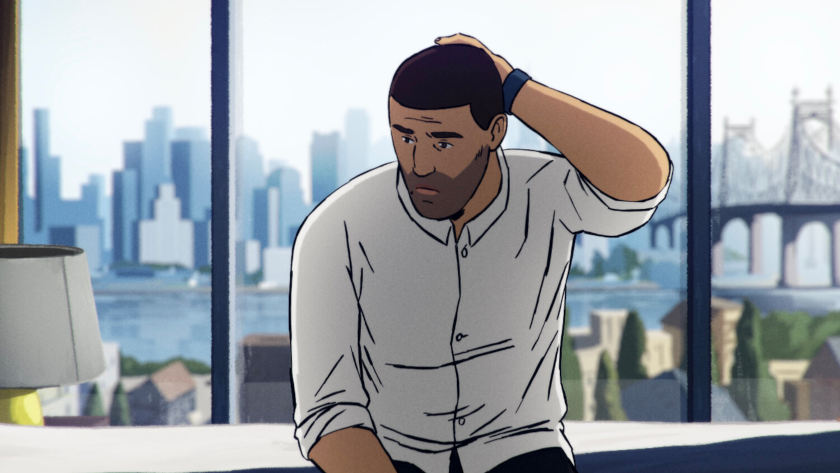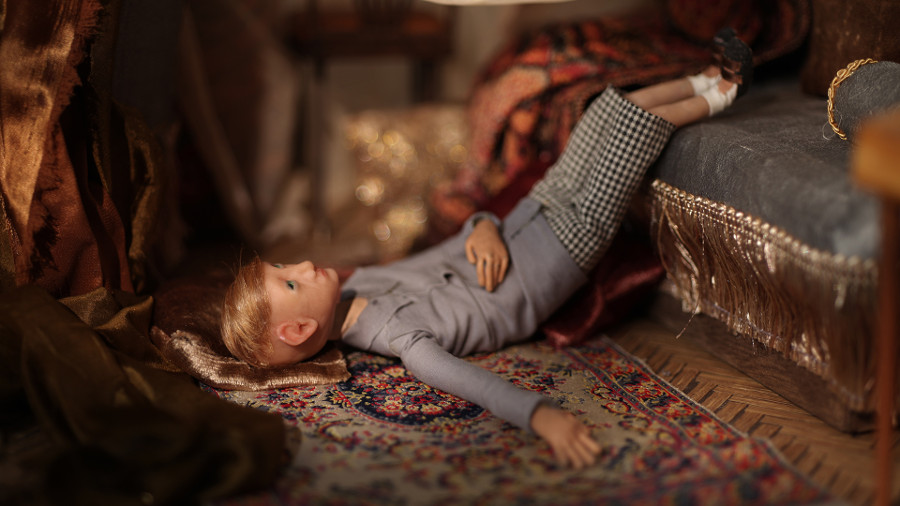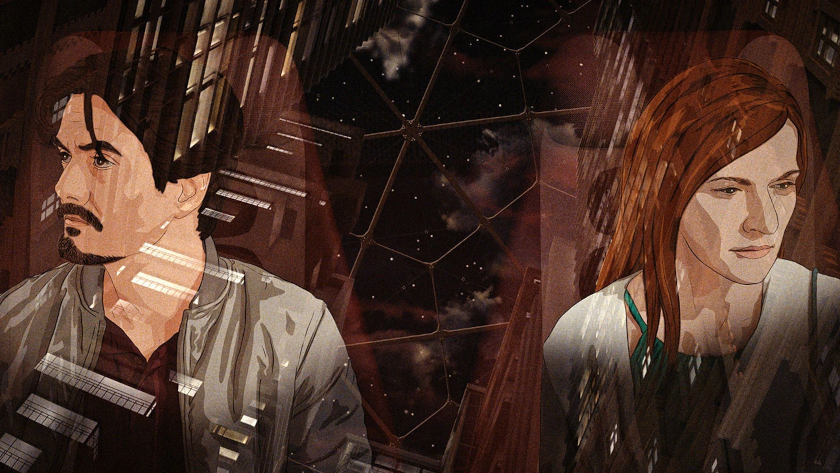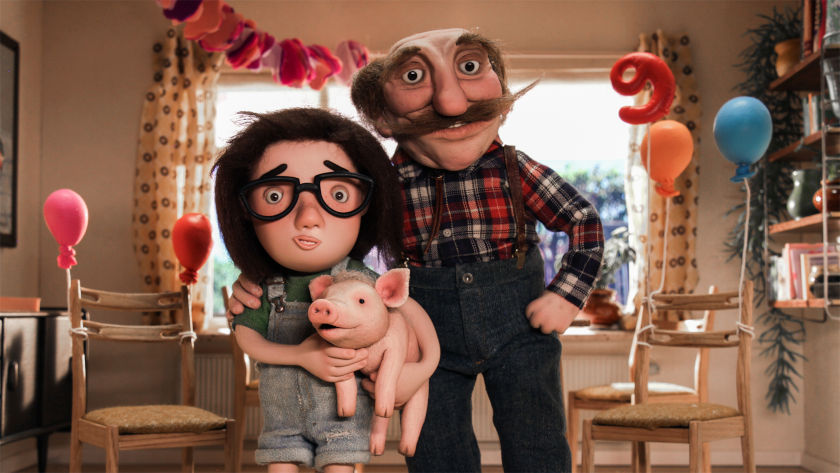'Flee' Review: Agency in A Closeted World

Flee, Fight or Freeze? The last is not even an option, and the second one is described with so dark colors that fleeing from the dangers remains the only option in the extremely solid and empathetic 'Flee' by Jonas Poher Rasmussen (production: Final Cut for Real / Sun Creature / Vivement Lundi! / MostFilm / Mer Film).
Danish director Jonas Poher Rasmussen re-creates on screen the story of 36-year-old Amin Nawabi (a pseudonym), an Afghan academic in Denmark, ready to marry his partner Kasper. Yet at this critical junction of his life, he is torn between spending more time and energy to his work (including a US trip), and buying a place in Denmark to live together with his partner. It seems that a process of serial interviews will actually be the catalyst for him to narrate his past -stories buried beneath him for almost 30 years.
The concept of interviews as a surrogate for psychoanalysis has been famously employed in animation documentaries like 'Waltz with Bashir', with which 'Flee' shares more than one common elements (including the eerie strings music of the start); yet the Afghanistan of the 80s depicted by a young boy has little other affinities with the Ari Folman's story. Here the trauma of an Israeli soldier and its consequences is here substituted by the fear of agency, and a closeted world.
We immediately learn that Amin's world is not an open one, and not just because he's gay ('a shame in the family' and a 'disease' he needs to get rid of); it is a politically and socially closeted world; the absence of the father in the 1980s Kabul (being taken away after the retreat of the Soviets and the civil wars that followed) still denotes the demolition of a family, whose mother and the big brother tries to keep united.
'Flee' unfolds in a series of episodic events which are still united by an overarching voiceover (usually dated, but here it works to the film's own advantage). What we get as a result is not a series of exploitative, poverty porn images; Rasmussen himself is careful to alternate his close-ups with wide shots so that the unhappy faces are never there to signal despair; they can only denote unrest in their non-intrusive, yet poignant character design.
Amin's family will first attempt to flee to Russia ('the only country where Afghans can get a tourist visa'), shortly after the collapse of the Soviet Union itself. Things are getting difficult even there, with one brother already in Sweden trying to provide the money for the family's impending move to the Nordic country (via traffickers, of course). With the kids mostly at home and away from school (another instance of closeting), Amin will start exploring his own sexuality, yet he himself has to be constantly on the move.
The film's family scenes feel rather ordinary, and traditional, and won't really explain Amin's own affection for his family. In contrast, the first fleeing from Afghanistan has all the elements of suspense thriller, with ethical dilemmas coming one upon the other (who is to be saved and why); and Amin is the best absorption filter for all this. The question how you can be an agent in this kind of world looms over the film, and even surpasses Amin's own narration; it is present in the film's semi-shadowed visual environment, whose combination of earthly colors and sky blue reveal both the reality and the expectations of the main character.
With the memory scenes in rudimentary sketchy animation (concept art and storyboard courtesy of Simon Rouby), and an art direction that wants to emphasize continuity instead of shock (art director: Jess Nicholls), 'Flee' wants to preserve its character's own identity and agency throughout the film. Even when the newsreels of the era appear on screen, they look like black-and-white TV inserts of news to be watched -just like the Mexican soap operas that unites the whole family in the post-Soviet Russia. Real events are here subsumed below a very deep psychological need to rise above, which constantly fights to gain its own ground in the film.
'Flee' is a film that admirably knits its necessary episodic structure together; it will treat its main character with care but also inquisitive curiosity to reveal the layers behind his narration. Its animation here provides the necessary anonymity, but also a step further from brutal realism; in essence, animation is here allied to the future expectations, not the past dangers. It makes the flee option from the danger more rounded and informative than a necessary evil, without diminishing the character's own individual identity questions and aspirations in the process. A must-see film.
Vassilis Kroustallis
SIGN UP: Want to read more free articles like this? Sign up for Our Newsletter








